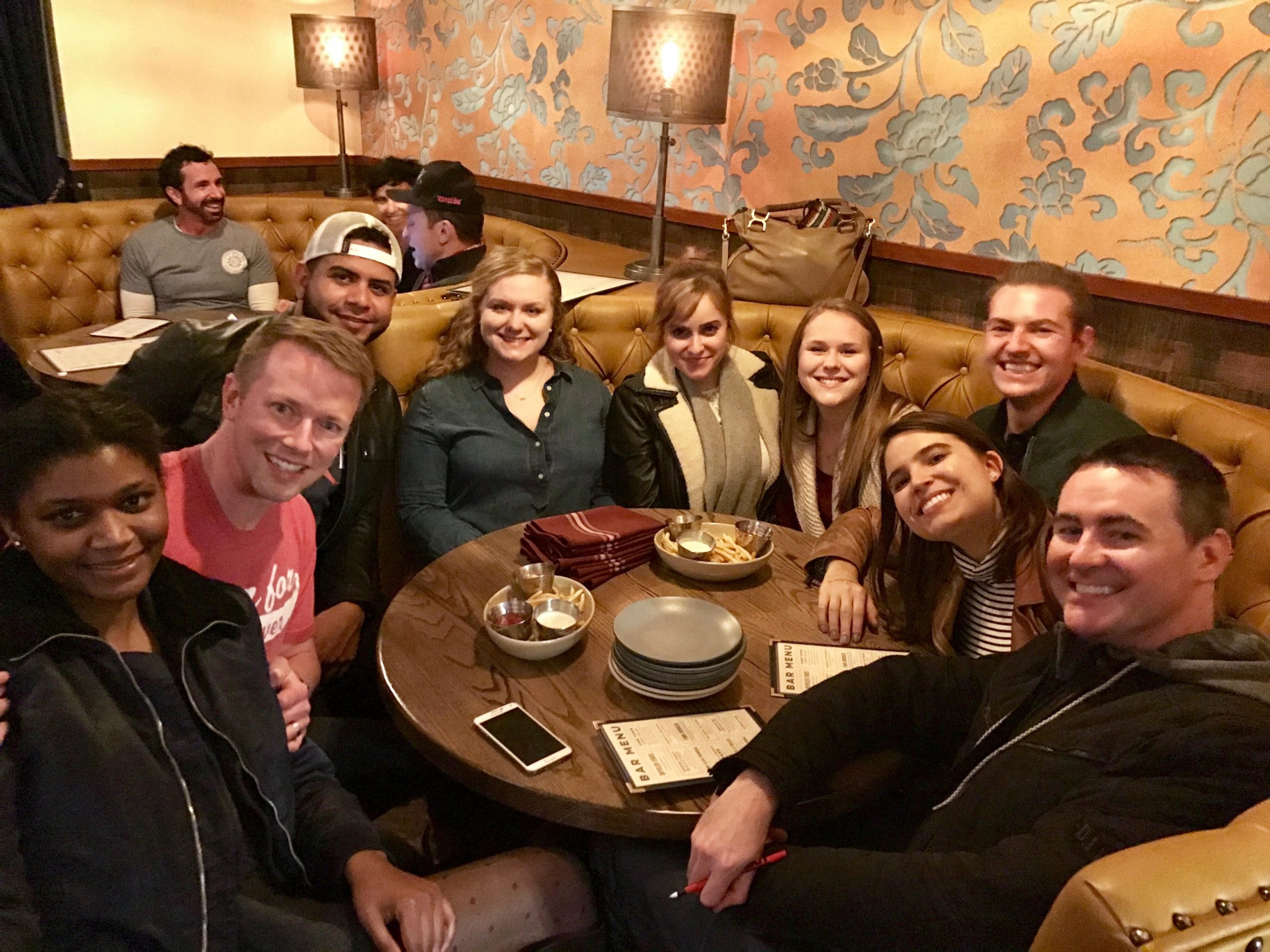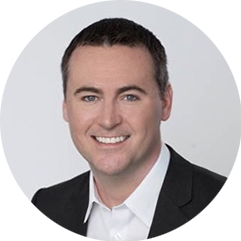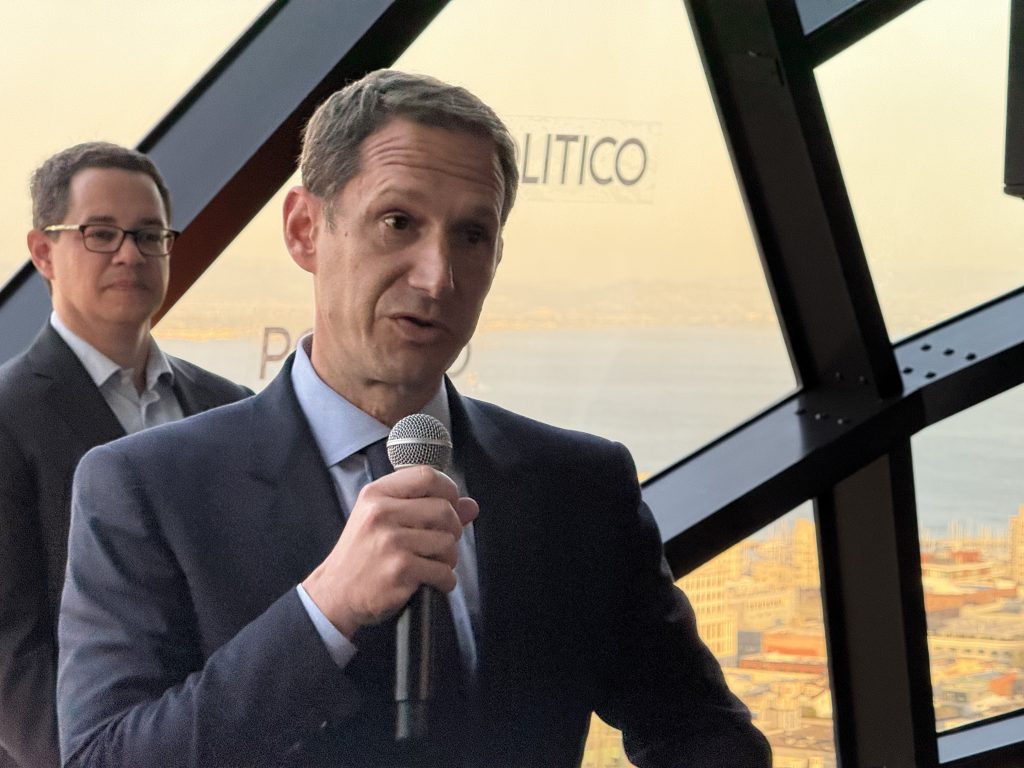
Bospar has enjoyed tremendous growth and client success since we founded the agency four years ago. We’ve also had tremendously low employee turnover.
This is because we chose to focus on people early on. It is our belief that the infrastructure and brand we are building can only thrive if we have what clients are really hiring: people and capabilities. So far, this belief has been borne out nicely.
We recently decided to take it a step further and dive deep with an outside expert to assess our hiring, training and retention model. To that end, we caught up with Dr. Michael Santo of RembrandtAdvantage and asked for his perspective on some key questions.
Bospar: What are some of the key questions PR hiring managers can ask to best assess candidates?
Dr. Santo: Many job candidates know what you want to hear and will tell you just that to get the job. The most important thing is to know the candidate—what motivates and drives them. This is where a true, valid and predictive psychometric can help.
Bospar: What are some of the key qualities that make for a successful career in PR?
Dr. Santo: Smart, hard-working, dynamic individuals who enjoy challenge and change are most likely to be successful and to enjoy public relations.
Bospar: Can an introvert be a successful PR professional?
Dr. Santo: Yes. Both introverts and extroverts can be assertive and confident communicators or unassertive and limited communicators. A strong team has people who think big picture and others who like to get into the details.
Bospar: What are some of the things PR managers should keep in mind about retaining and motivating staff?
Dr. Santo: Not everyone is the same. There are some people who will need a thank you and a pat on the back and others who may need a kick in the behind. Some people will be satisfied doing similar work for extended periods, and others will need challenge and change.
People who are well-aligned to the role are most likely to be successful and happy in their position. Understanding each individual is critical.
Bospar: Is there a staff review model you can recommend for PR professionals? Do you think self-reviews are effective?
Dr. Santo: Decades of research have found only two forms of positive motivation that truly inspire people to work to their highest potential. The first form is intrinsic to the individual. Qualities like service drive and persuasive motivation can be selected during the hiring process. People who gain gratification from carrying out the functional aspects of their position will perform those functions better and longer than people who don’t.
The second form of positive motivation is feedback. Without feedback and coaching, there is nothing for an individual to measure their performance against. It becomes your number one responsibility as a manager to provide feedback and direction for development.
The most effective reviews are full 360 reviews that include feedback from the employee, their colleagues and their manager.
After a colleague receives feedback, it is important that consensus is gained about what feedback is received, so that there is mutual understanding. The process should culminate with an action plan for improvement with specific activities for the individual to undertake, like mentoring or development courses, in any area where he or she has room to further achieve their potential. The progress of the individual should be monitored and measured against objective benchmarks so they can actually see their development.
Bospar: Is leadership an innate trait, or can it be developed?
Dr. Santo: It is both a natural capability and something that can be developed. There are three key things that make up a competency like leadership: ability, knowledge and skill. You cannot develop someone’s ability. You can develop their knowledge and skill.
Bospar: Should staff development be done differently for millennials than other age groups?
Dr. Santo: I have never worked with one age group where everyone learns the same way or needs the same things. Everyone is an individual, regardless of their generational grouping.
Bospar: What company culture questions should a new hire candidate ask the employees of a PR firm they are considering?
Dr. Santo: What is it that you most enjoy about working at this firm? What is it that you feel this firm can improve on?
Bospar: Last, and perhaps most importantly, what’s the most crucial thing a PR agency culture can have that best serves both their people and clients?
Dr. Santo: The right people in the right positions.



